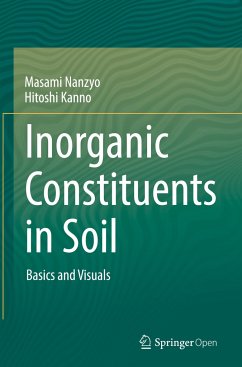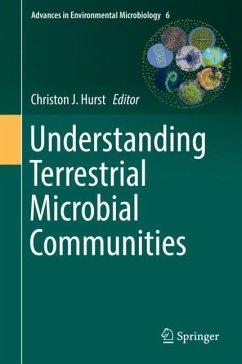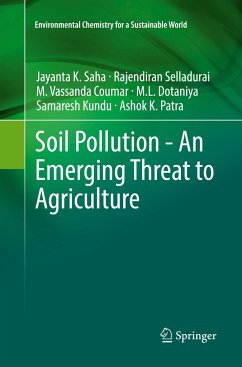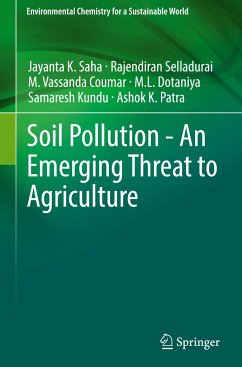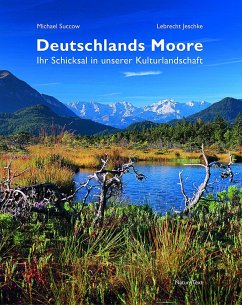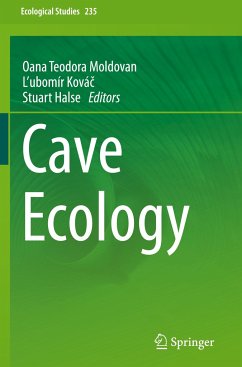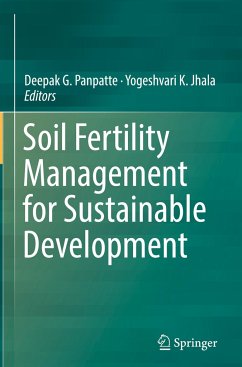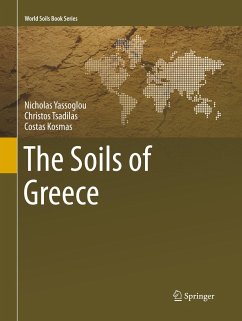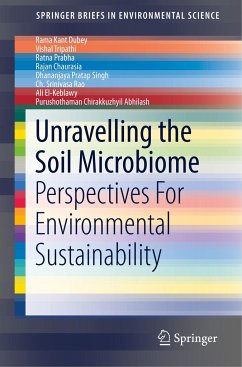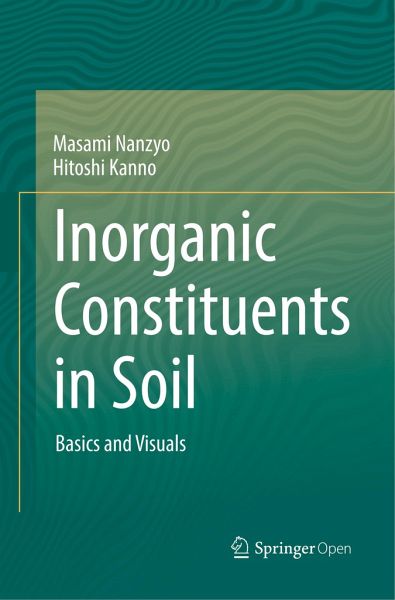
Inorganic Constituents in Soil
Basics and Visuals

PAYBACK Punkte
19 °P sammeln!
This open access book is a must-read for students of and beginners in soil science. In a well-organized and easy-to-follow manner, it provides basic outlines of soil minerals, new methods and recent developments in the field, with a special focus on visual aids.The chapters on primary minerals, secondary minerals, non-crystalline inorganic constituents and inorganic constituents sensitive to varying redox conditions will help readers understand the basic components of soils. Further, readers are introduced to new analytical methods with the aid of microscopy and recent developments in the fiel...
This open access book is a must-read for students of and beginners in soil science. In a well-organized and easy-to-follow manner, it provides basic outlines of soil minerals, new methods and recent developments in the field, with a special focus on visual aids.
The chapters on primary minerals, secondary minerals, non-crystalline inorganic constituents and inorganic constituents sensitive to varying redox conditions will help readers understand the basic components of soils. Further, readers are introduced to new analytical methods with the aid of microscopy and recent developments in the field. Uniquely, the book features case studies on the identification and isolation methods for vivianite crystals from paddy field soils, as well as a useful procedure for identifying noncrystalline constituents such as volcanic glasses and plant opals, which can also be applied to other soils depending on the local conditions.
Given its focus and coverage, the book will be useful toall readers who are interested in agronomy, plant production science, agricultural chemistry and environmental science.
In addition, it can help biogeochemists further expand their research work on the rhizosphere of wetland plant roots, iron and phosphate dynamics, etc.
The chapters on primary minerals, secondary minerals, non-crystalline inorganic constituents and inorganic constituents sensitive to varying redox conditions will help readers understand the basic components of soils. Further, readers are introduced to new analytical methods with the aid of microscopy and recent developments in the field. Uniquely, the book features case studies on the identification and isolation methods for vivianite crystals from paddy field soils, as well as a useful procedure for identifying noncrystalline constituents such as volcanic glasses and plant opals, which can also be applied to other soils depending on the local conditions.
Given its focus and coverage, the book will be useful toall readers who are interested in agronomy, plant production science, agricultural chemistry and environmental science.
In addition, it can help biogeochemists further expand their research work on the rhizosphere of wetland plant roots, iron and phosphate dynamics, etc.



